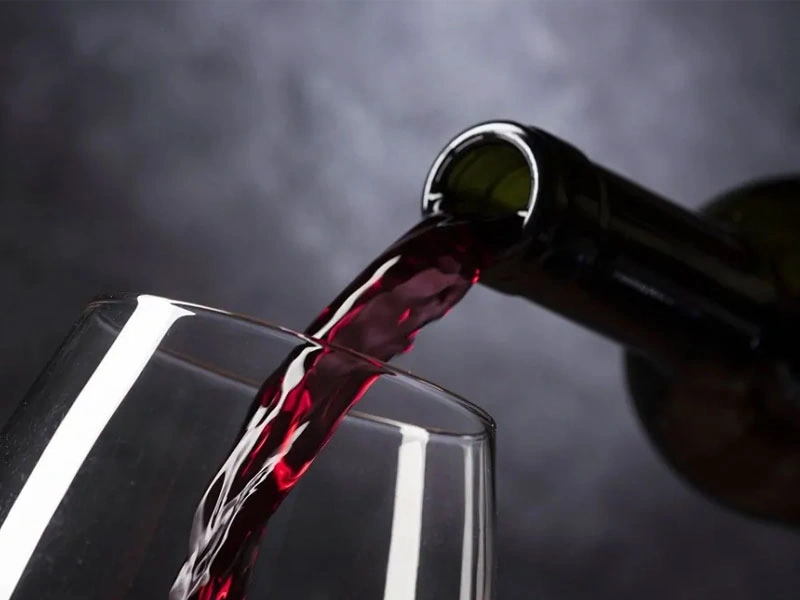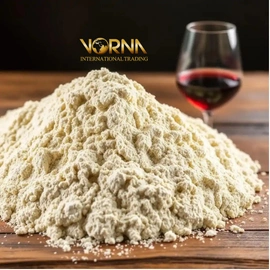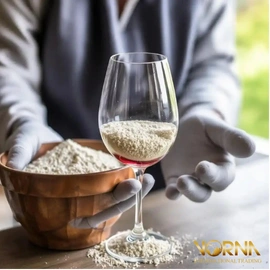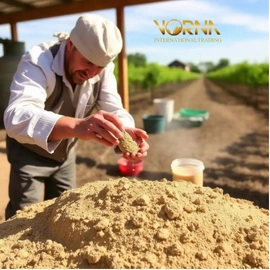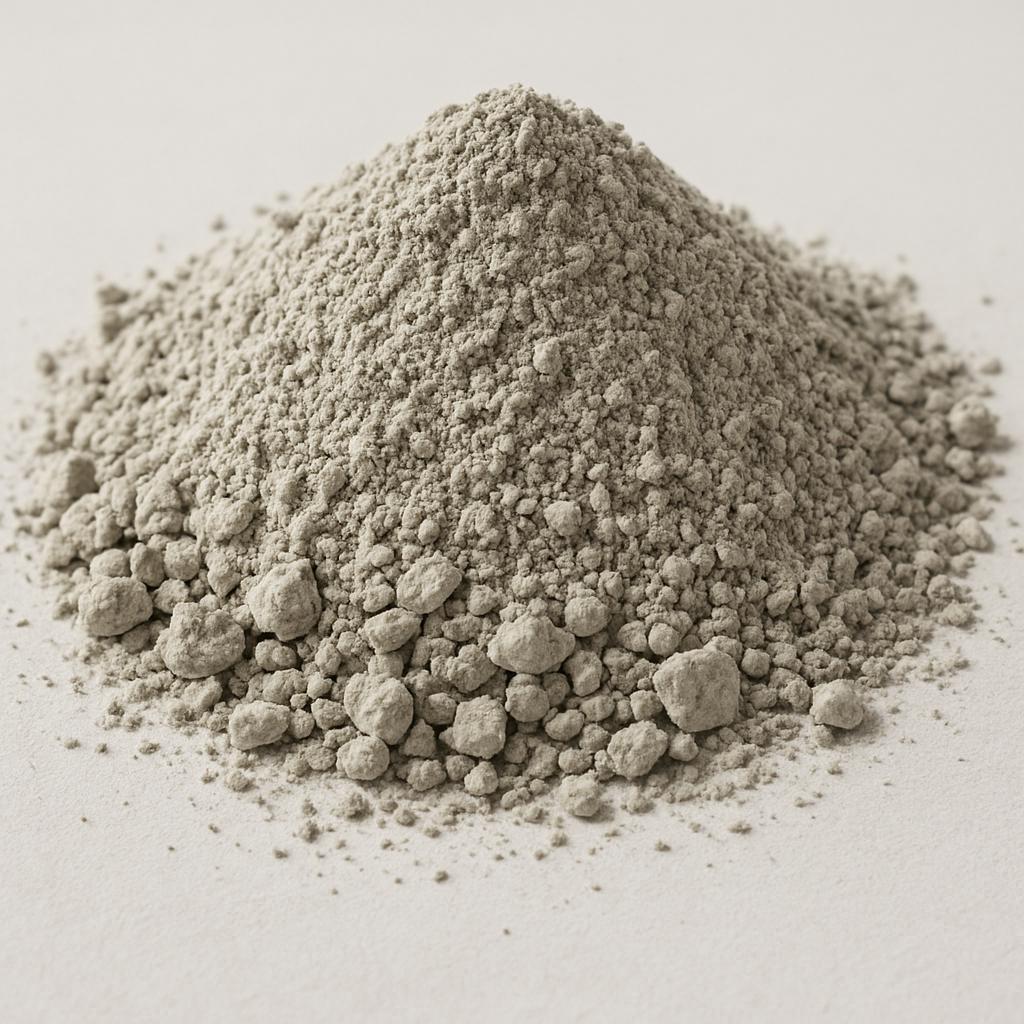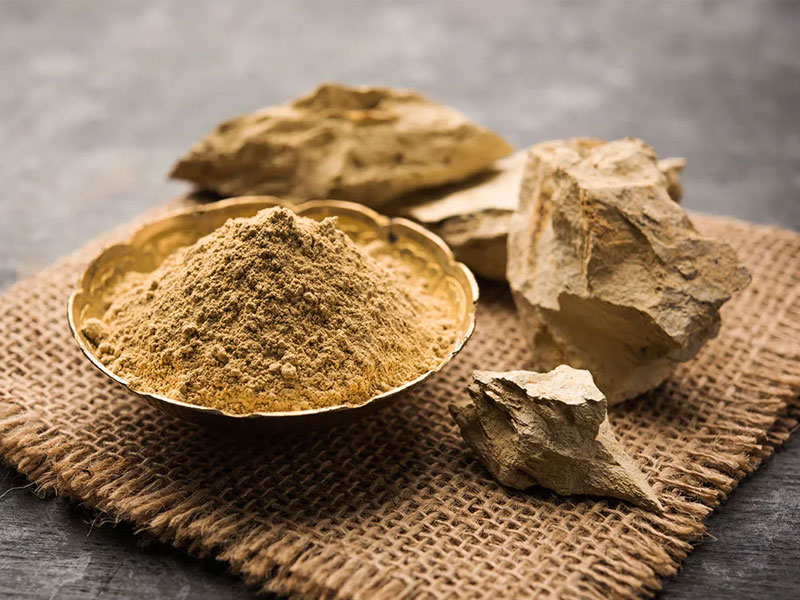Bentonite Winemaking
Bentonite winemaking refers to the use of bentonite clay as a fining agent to clarify and stabilize wine, especially white and rosé varieties. This natural clay binds with proteins and haze-forming particles in wine, improving clarity and shelf stability. Winemakers rely on bentonite to remove unwanted substances without significantly altering aroma or flavor. Its effectiveness, ease of use, and natural origin make it one of the most trusted wine fining agents. Proper preparation and dosing are key to achieving optimal results with bentonite in wine production.
Get more information about What Is Bentonite Clay
What is bentonite in wine?
Bentonite is a natural clay used in winemaking to clarify and stabilize wines, particularly whites and rosés. It works by binding with haze-forming proteins and particles, helping them settle out of the wine. These proteins can cause cloudiness if not removed, especially under heat or during bottle aging. Bentonite is favored because it’s effective, naturally occurring, and compatible with organic and vegan wine production.
The origin of bentonite lies in volcanic ash deposits that have undergone transformation over thousands of years. Its name is derived from Fort Benton, Wyoming, where significant deposits were first identified. Its composition, primarily of montmorillonite, gives it excellent absorption and ion-exchange properties, making it ideal for wine fining applications. The unique plate-like structure of bentonite particles enhances its ability to bind with unstable compounds.
How bentonite works in winemaking
In the winemaking process, bentonite carries a strong negative charge. Most haze-forming proteins in wine are positively charged. When bentonite is added, it attracts these proteins and binds to them. The bentonite-protein complexes become heavy enough to settle at the bottom of the tank, allowing the winemaker to rack off the clear wine. This process is called fining and is crucial for visual clarity and stability.
Bentonite also assists in reducing microbial loads by binding with yeast and bacterial cells. This is particularly helpful in wines that are sensitive to microbial spoilage. Moreover, it can absorb metals such as iron and copper, which in excessive amounts can cause instability and oxidation in wine. Thus, bentonite contributes not only to clarity but also to the long-term shelf life of wine.
For more details on the specific types of clay used in bentonite winemaking, check out our guide on What Is OCMA Bentonite? to learn about its unique properties and benefits.
Types of bentonite for wine use
The two primary types of bentonite used in wine are sodium bentonite and calcium bentonite. Sodium bentonite is more commonly used due to its higher swelling capacity and better protein removal performance. Calcium bentonite swells less and is sometimes used where volume expansion needs to be minimal. Each type affects lees volume, settling speed, and potential flavor impact differently.
Sodium bentonite can absorb up to 10 times its weight in water, creating a gelatinous mixture. This type is particularly effective for treating wines with high protein content. Calcium bentonite, while less absorbent, forms a denser sediment, which may be preferable in certain tank configurations or when space is limited. Blended bentonites are also available, offering winemakers tailored solutions for specific varietals or winemaking conditions.
When to add bentonite to wine
Winemakers may add bentonite at various stages depending on their goals. In white and rosé wines, bentonite is often added after fermentation to achieve protein stability. Some may choose to add it before fermentation to clarify the must. Pre-bottling additions are also common to ensure that the wine will remain clear during storage and shipping.
Adding bentonite before fermentation, known as “must clarification,” helps remove grape solids and proteins early, preventing haze development. This approach can also reduce nutrient levels, slowing fermentation and influencing the flavor profile. Post-fermentation additions focus on ensuring the wine is stable for commercial release. Timing and temperature control are critical to maximizing bentonite’s effectiveness without compromising wine quality.
Bentonite plays a vital role in bentonite winemaking by clarifying and stabilizing wine. To understand more about the natural properties of bentonite clay and its uses beyond winemaking, visit our detailed article on What is Bentonite Clay Detox? and discover its detoxifying benefits.
Preparing bentonite for wine fining
Proper preparation of bentonite is crucial. It must be hydrated before use, typically by mixing the powdered bentonite in hot water at about 60-70°C and letting it rest for 24 hours. This forms a smooth slurry that can be evenly distributed into the wine. Inadequate hydration reduces its surface area and protein-binding capacity.
The ratio of bentonite to water is usually 1:10 or 1:20, depending on the formulation. A blender or high-speed mixer may be used to achieve a consistent slurry. Care must be taken to prevent lump formation, which reduces the active surface area. The slurry should be kept in motion or periodically stirred until added to the wine, ensuring even distribution and complete reaction with proteins.
Bentonite dosage in wine production
Determining the correct bentonite dosage requires bench trials. Winemakers prepare several small samples of the same wine with different bentonite amounts. After allowing the samples to settle, they perform a heat test to assess protein stability. The lowest dosage that achieves clarity without stripping flavor or aroma is selected for production-scale fining.
Typical dosages range from 0.5 to 2.0 grams per liter, depending on the wine type and protein load. Overuse can lead to excessive lees volume, potential flavor stripping, and economic loss. Automated wine stabilization systems can now perform rapid bentonite testing using cloud point photometry and other analytical techniques, improving accuracy and saving time during production.
Bentonite effects on wine quality
While bentonite is effective at removing unwanted proteins, excessive use can strip aromatic compounds and reduce the wine’s mouthfeel. Especially in aromatic varietals like Riesling or Sauvignon Blanc, winemakers use minimal effective doses to preserve character. Bentonite can also remove color or tannins in red wines, so it’s used more cautiously in those cases.
Recent research has focused on encapsulating bentonite or using modified versions to reduce its impact on flavor and aroma compounds. Studies show that certain strains of yeast can produce proteins more sensitive to bentonite, necessitating adaptive fining strategies. Additionally, innovations in micro-oxygenation and cold stabilization help reduce the need for aggressive fining in modern cellars.
Testing wine for bentonite needs
Before using bentonite, a heat stability test helps determine if a wine requires fining. A small sample of wine is heated (typically to 80°C for 6 hours) and then cooled. If haze develops, the wine is protein unstable. Based on this, bentonite fining trials are conducted to find the appropriate treatment level for stability.
Alternative tests include bentotest kits, nephelometric turbidity measurements, and differential scanning calorimetry (DSC). These offer faster or more precise insight into the protein stability profile of a wine. Some wineries maintain detailed records by varietal and vintage to predict protein instability based on historical data, helping streamline bentonite use.
Alternatives to bentonite in wine
Alternatives to bentonite include protease enzymes, silica sol, PVPP, and chitosan. Some winemakers opt for these to minimize flavor impact or reduce bentonite lees volume. However, bentonite remains the most widely used because it is reliable, affordable, and permitted in organic and vegan winemaking.
Chitosan, derived from shellfish, offers antimicrobial and clarifying benefits, though it is not vegan. PVPP is especially effective for removing phenolic compounds and is often used in conjunction with bentonite. Protease enzymes target specific haze-causing proteins but require careful temperature control. Each alternative has pros and cons, and winemakers often use blends tailored to the specific wine.
Bentonite clay is widely used in bentonite winemaking for its natural ability to clarify and stabilize wines. Beyond the winery, this versatile clay is also popular for oral care. To learn how bentonite clay benefits dental health and teeth cleaning, check out our comprehensive guide on bentonite clay for teeth and its natural whitening properties.
Bentonite use in organic wine
Bentonite is approved for use in organic winemaking since it is a natural clay and doesn’t introduce synthetic chemicals. It’s also vegan-friendly, unlike fining agents derived from animal products. This makes it especially valuable for producers targeting natural, organic, or plant-based wine markets.
Regulatory bodies like the USDA, EU Organic Certification, and Demeter all approve bentonite for organic certification. Its low environmental impact and lack of residues make it an ideal choice. For sustainable wineries, bentonite aligns with environmentally conscious practices by reducing reliance on animal-derived clarifiers and enabling recyclable byproducts.
Storage and handling of bentonite in wineries
Bentonite should be stored in a dry, cool environment in tightly sealed containers. Exposure to moisture can lead to premature swelling and reduced efficacy. Wineries often designate specific storage areas to avoid contamination with other additives or airborne yeasts.
Proper handling includes the use of personal protective equipment (PPE), as fine bentonite powder can irritate skin and lungs. Training cellar staff on preparation procedures and cleanup is essential to maintaining quality control. Used bentonite lees are often composted or disposed of according to local regulations.
Bentonite’s natural properties in bentonite winemaking also make it popular in bentonite clay for hair treatments.
Economic impact of bentonite in wine production
Bentonite is not only crucial for quality but also economically beneficial. Clear, stable wines reduce return rates and consumer complaints. The use of bentonite can also minimize filtration needs, saving time and energy. Moreover, by ensuring stability, wineries reduce the risk of recalls due to haze formation post-sale.
While the material itself is inexpensive, optimizing bentonite usage can lead to substantial savings. Larger wineries sometimes invest in automated dosing systems to improve consistency and reduce product loss. Small producers benefit from bench trials that avoid over-fining and preserve valuable wine volume.
Innovations in bentonite technology
Recent innovations in bentonite technology include activated bentonites, which have enhanced adsorption capacities and lower dosage requirements. Nanostructured bentonites are also under research, promising even more selective fining with minimal impact on aroma and color.
Some suppliers now offer bentonite in ready-to-use liquid forms to streamline addition. Others integrate natural extracts or polymers into bentonite blends to achieve dual functionality: clarifying and stabilizing. These advancements reflect the growing importance of precision in modern winemaking.
Bentonite used in bentonite winemaking varies in cost—see current Bentonite Price details here.

